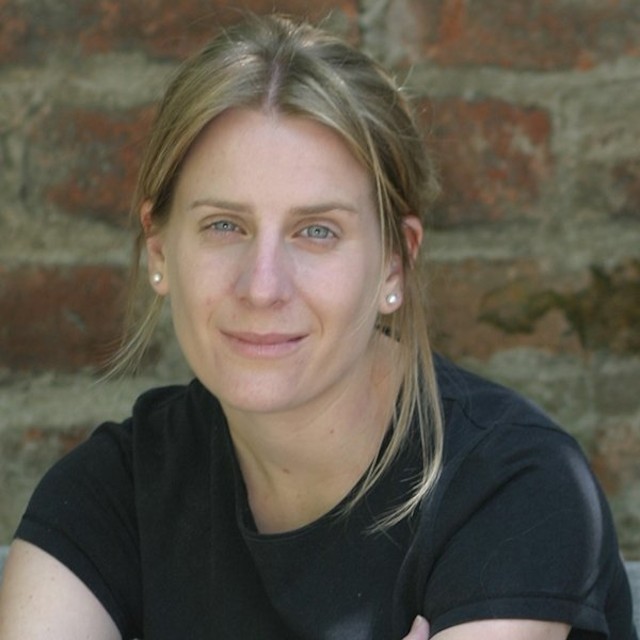
|
IMMIGRATION AND INTEGRATION IN CHANGING SOCIETIESMaria R. D’Orsogna (Personal webpage)California State University, Northridge, USA
The social integration of migrants into existing communities has become an issue of major concern, especially as large-scale migration becomes more common worldwide, due to wars, famine or as individuals seek better economic opportunities. While migrants bring in cultural diversity and can strengthen the workforce, societal tensions due to different cultural norms or competition for limited resources may also arise. We use a dynamic network model of interacting native and migrant agents characterized by evolving cultural values while optimizing their socioeconomic prosperity. Network links evolve through game-theoretic rules that aim to maximize agents' payoff functions and through opinion dynamics whereby agents seek cultural acceptance. We identify the conditions under which cooperative/integrated or uncooperative/segregated societies arise. Within our model, the main predictor of integration is the timescale associated with cultural adjustment relative to socioeconomic linking. Fast cultural adjustment, for both native and migrant agents, leads to the establishment of cross group connections that can be sustained over long times. Conversely, fast socioeconomic linking leads to the irreversible formation of isolated enclaves, as migrants and natives maximize their payoffs through in-group connections. Time permitting, we will also discuss how enclaves of marginalized populations, especially disaffected youth, can lead to radicalization, a process we study through an age-dependent model where interactions are maximized at early adulthood. Under certain conditions our model leads to "waves" of radical behavior ebbing and flowing over generational cycles. |